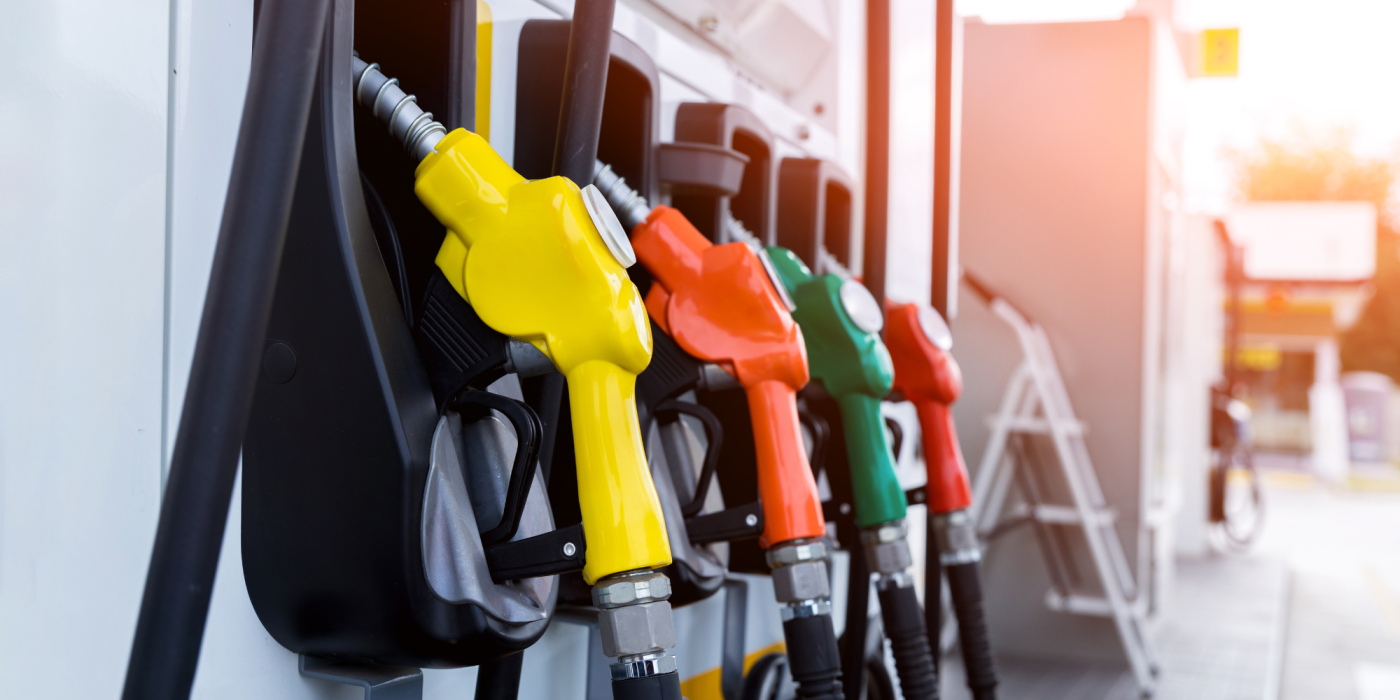Synthetic fuels are produced using carbon dioxide (CO2) and green hydrogen (hydrogen that has been extracted using renewable energies). These fuels produce neutral carbon dioxide emissions. This means that the CO2 that is released when burning them is exactly the same as the one used to produce them.
Their main advantage is that they are compatible with current internal combustion engines. This would allow car companies to save costs in creating new infrastructure and citizens to keep their current cars without the need to buy new ones.
There are different types of synthetic fuels depending on how they are produced:
- Synthetic regular gas: It is obtained by combining CO2 with hydrogen to generate a compound very similar to regular gas.
- Synthetic diesel: To produce this material, more hydrogen and less CO2 is used. One of its main advantages is that it burns more slowly so it’s more energy efficient than gasoline.
How do synthetic fuels work and what benefits do they have?
Synthetic fuels work in the same way as conventional ones. They burn inside the engine to generate mechanical energy. However, they have some benefits that make them more interesting from an environmental and economic point of view.
- They are carbon-neutral, which not only mitigates the impact of climate change but also contributes to achieving the European Union’s decarbonization goals.
- They promote investing in hydrogen based technology, a clean and abundant resource.
- They enable the shift towards a more sustainable mobility without the need of replacing vehicles or overhauling existing infrastructure.
- They have a higher energy density than conventional fuels, which allows for a greater autonomy and a lower gas consumption.
Are synthetic fuels the future?
Synthetic fuels are a promising technology, but they face many challenges in their way to a widespread adoption.
High cost of production:
Synthetic fuels have a higher production cost than regular ones. That’s because they depend on a manufacturing processes that is still under development. It is likely that, over time and with technological advances and institutional investment , production will become cheaper and more efficient.
Regulation and mass adoption:
Synthetic fuels need a favorable regulatory framework that recognizes them as a viable option for the ecological transition, just like the electric car. However, their popularity among consumers remains low, so this issue needs to be addressed.
Conclusions:
Synthetic fuels are an eco-friendly alternative, that could change the automotive industry forever. However, they still have to overcome many obstacles to be competitive and reach mass adoption.
If you believe in the future of synthetic fuel and want your car to last many more years, at Desguaces El Malagueño we have a large catalog of second-hand parts for all types of cars and brands.

